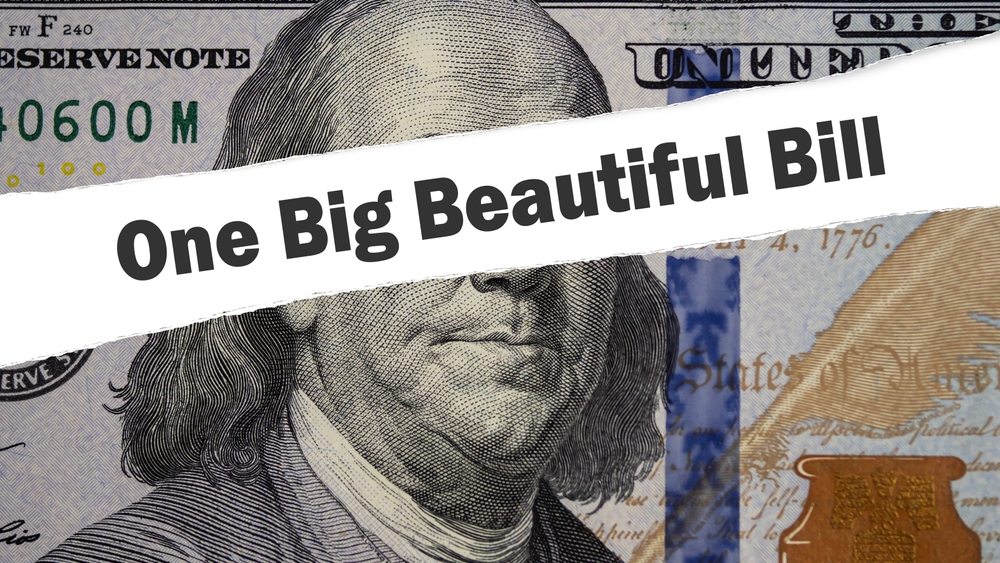
The IRS Whistleblower Program is a critical initiative designed to encourage individuals to report tax noncompliance by offering monetary incentives. This program not only aids in the enforcement of tax laws but also promotes voluntary compliance, thereby reducing the tax gap. Understanding the program’s structure, eligibility criteria, and procedural requirements is essential for potential whistleblowers.
Legal Framework and Award Structure
Established under 26 U.S.C. § 7623, the program authorizes the IRS to provide financial awards to individuals who supply original information leading to the collection of taxes, penalties, interest, or other amounts from noncompliant taxpayers. The award percentage typically ranges between 15% and 30% of the collected proceeds attributable to the whistleblower’s information. The exact percentage is influenced by factors such as the significance of the information provided and the whistleblower’s role in the noncompliance.[1]
Eligibility Criteria
To qualify for an award under Section 7623(b), the following conditions must be met:
· The tax, penalties, interest, and additional amounts in dispute exceed $2 million;
· If the subject is an individual taxpayer, his/her gross income exceeds $200,000 for at least one of the tax years in question.
Submissions that do not meet these thresholds may still be considered under Section 7623(a), where awards are discretionary and not subject to the mandatory percentage range.[2]
Submission Process
Whistleblowers must submit Form 211, Application for Award for Original Information, ensuring it includes:
· A detailed description of the alleged tax noncompliance;
· Supporting evidence such as financial records, contracts, emails, and asset locations;
· Information on documents not in the whistleblower’s possession and their locations;
· An explanation of how and when the information was obtained;
· A description of the whistleblower’s relationship to the subject of the claim;
· The whistleblower’s original signature under penalty of perjury.[3]
Award Determination and Payment
Awards are determined after the IRS has collected the proceeds and the taxpayer has exhausted all appeal rights, including the period during which they can file a claim for refund. This process can extend over several years. The IRS evaluates the whistleblower’s contribution to the case and determines the award percentage accordingly.[4]
Confidentiality and Protections
The IRS endeavors to fully protect the identity of whistleblowers permitted by law. However, absolute confidentiality cannot be guaranteed, especially if the case proceeds to litigation. Notably, the IRS Whistleblower Program does not provide explicit protection against employer retaliation.[5]
Conclusion
The IRS Whistleblower Program offers substantial incentives for reporting tax fraud, but navigating the process requires careful legal analysis and strategic planning. Prospective claimants should seek professional guidance to maximize their chances of a successful claim while safeguarding their rights and interests.
Contact Montgomery Legal today to discuss your potential claim. Schedule a Consultation or call (214) 432-6100.
[1] See Whistleblower Office, IRS, available at https://www.irs.gov/compliance/whistleblower-office.
[2] Id.
[3] Id.
[4] Id.
[5] Id.
Explore these related articles to gain further insights on your chosen topic.


Schedule a consultation today or give us a call to start your journey.
